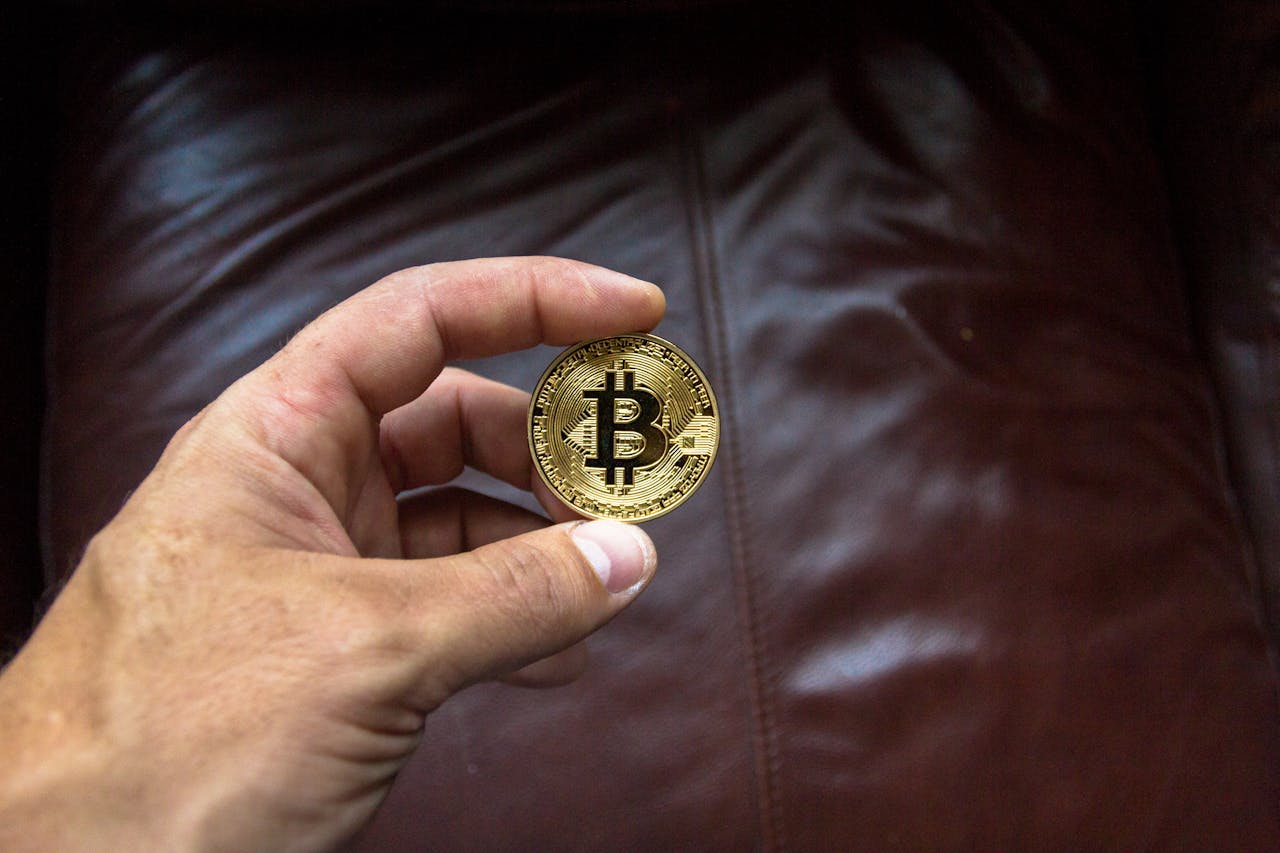

Despite the COVID-19's induced economy contraction by 5.6 percent in 2020, Malaysia experienced an acceleration of digitalization of its economy.
The mobility restrictions and virus containment measures had forced Malaysian citizens to rely on digital services to continue their daily lives, eventually putting the digital economy's contribution to 20 percent of the country's GDP.

In the recent decade, Malaysia has seen rapid adoption of internet banking. But COVID-19 had catalyzed its growth up to 100 percent of the increase in usage rate last year.
The popularity of mobile banking owes its success to the readiness of Malaysian internet infrastructure that includes nearly universal 4G network coverage throughout the country alongside the development of 5G connection on progress.
Today, Malaysia is among the first emerging countries to develop a state-of-the-art internet connection allowing people to leverage speed and efficiency.

The Malaysian fintech industry category is led by digital payments, e-wallet, and lending, with each segment grabbing 20 percent, 15 percent, and 14 percent, respectively.
However, the fintech market is already crowded with dominant players and multiple categories catering unique needs of Malaysian citizens. The industry ranges from AI/Data provider, wealth tech, remittance to Islamic fintech.
A large share of the Malaysia fintech market rapidly grows due to the active ecosystem of mobile banking and e-money. In 2020, e-money accounted for the most significant transaction volume in the digital payment method category, recording around 29 percent of the total transactions happening in the country.
Whereas internet banking obtains the leading position in the transaction value, making up over 88 percent. The two categories have succeeded in attracting users before the pandemic. However, today the players emphasize familiarity as people opt for cashless payments to contain the spread of the COVID-19 virus.
The attractiveness of the fintech industry in Malaysia is evident through the high traffic usage. The fintech statistics Malaysia resulted in factual figures of the industry. On average, a Malaysian citizen conducted over 170 cashless transactions in a year.
The numbers collide to record a 49 percent growth of online bank transaction volume, 131 percent growth of e-wallet transaction volume, and over 164 percent of merchant registration growth for QR Code usage compared to 2019. The numbers significantly surge and continue to position themselves as an essential part of Malaysia's economic mundanes.
The great demand for Malaysia's fintech development pushes the country's government to implement specific regulations covering the industry. In 2020 alone, the government has added six new rules revolving around the fintech industry.
The measures include establishing Bursa RegSub: the governmental regulatory function to align the stock market digitally, e-payment service providers capital market, a framework for e-KYC to regulate all financial services players, digital asset guidelines, licenses for lending operators, and regulatory framework on digital banking.
The Malaysian fintech sector continues to show signs of evolving rapidly through innovation and vast investments. As the country recovers from damages done by the COVID-19 pandemic, Malaysian fintech players are confident that consumers would still leverage the seamless services provided by the evergrowing products of fintech services.

The Latest Developments in Cryptocurrency Adoption in SEA
The cryptocurrency market in Southeast Asia (SEA) has seen exponential growth in recent years. The revenue of cryptocurrency in the region was around USD 1,384 million in 2023 and is expected to grow by USD 1 million in the next four years. Countries like Indonesia, Singapore, and the Philippines are at the forefront of this digital revolution. The region's young, tech-savvy population, coupled with increasing internet penetration, has created a fertile ground for the adoption of cryptocurrencies. Currently, the crypto market in SEA is valued at several billion dollars, with projections indicating continued growth.

An Overview of the Halal Cosmetics Market in Malaysia
The halal cosmetics market in Malaysia has been experiencing significant growth. It is driven by a combination of increasing consumer awareness, government support, and the rising demand for halal-certified products among both Muslim and non-Muslim consumers.

How Digital Marketing is Transforming the Automotive Lubricants Market in Southeast Asia
In recent years, digital marketing has emerged as a transformative force in the Southeast Asian (SEA) automotive lubricants market. The region's rapidly growing internet penetration and increasing smartphone usage have created fertile ground for innovative digital strategies. This evolution is reshaping how companies engage with customers and streamline their operations, offering numerous opportunities for growth and efficiency.

Exploring New Business Models for a Sustainable Future
Transitioning towards new sustainability business models can help companies drive positive change and contribute to a more sustainable future.